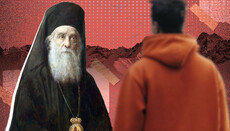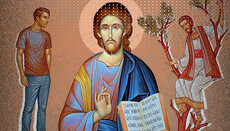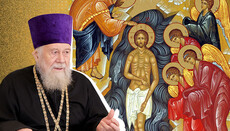Nothing can frighten the righteous
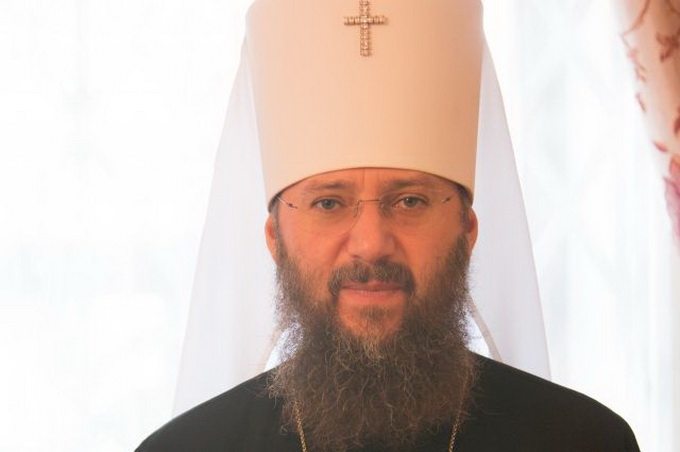
This event was truly significant. For many, it is associated with an expression of mistrust to the then Metropolitan Filaret (Denisenko) and his dismissal from the Kiev Chair, as well as the post of Primate of the Ukrainian Orthodox Church.
The most important significance of the Kharkov Council is that it finally cast off the shackles of totalitarianism from the Church and also "decommunized" Her present and future.
Internal "decommunization" was due to the introduction of amendments to the Statute of the UOC. They leveled a number of provisions that give the Primate virtually unlimited power. Thus, the bishops not only rejected the possibility of careerism and politicking in the Church, but also made its administration more democratic – on the principles of conciliar reason and conciliar decision-making.
The external "decommunization" consisted in an open denial of the legitimacy of the practice of state structures to govern the religious sphere of the country in a dictatorial style, making it hostage to immediate political, ideological or electoral interests. The participants of the Kharkov Council found the courage to resist the undisguised administrative pressure and prevent the trampling of the will of the overwhelming majority of believers of the Ukrainian Orthodox Church in favor of the ambitions of some politicians, as well as the man who could not survive his failure at the election of the Primate of the Russian Orthodox Church.
It is not surprising that such a position caused a real storm of persecution and oppression in those days. In particular, St. Vladimir’s Cathedral and the residence of Kiev Metropolitans on Pushkinskaya Street were taken from the UOC. In the regions, under the blow of radicals, many diocesan administrations fell. Our churches were also massively seized.
However, the Church survived and not only stood firm, but also showed a qualitative and quantitative growth. So, from 1992 to 2014 the number of parishes increased from 5.5 thousand to 12.5 thousand; the number of monasteries grew from 32 to 228; the number of spiritual schools from 4 to 17.
All this shows only one thing: persecution is not capable of destroying the real Church. As St. John Chrysostom said, "Neither the wrath of the king, nor the insidiousness of the soldiers, nor the envy of the enemies, nor the captivity, nor the wilderness, nor the fire, nor the furnace, nor the thousands of calamities – nothing can defeat or frighten the righteous."
0
0
If you notice an error, select the required text and press Ctrl+Enter or Submit an error to report it to the editors.
Read also
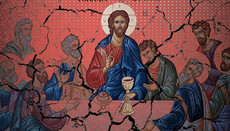
Damaged icon: a dogma on why we are not "biomass"
27 January 10:00

Theology of touch: Why God touched lepers and embraced enemies
21 January 10:00






